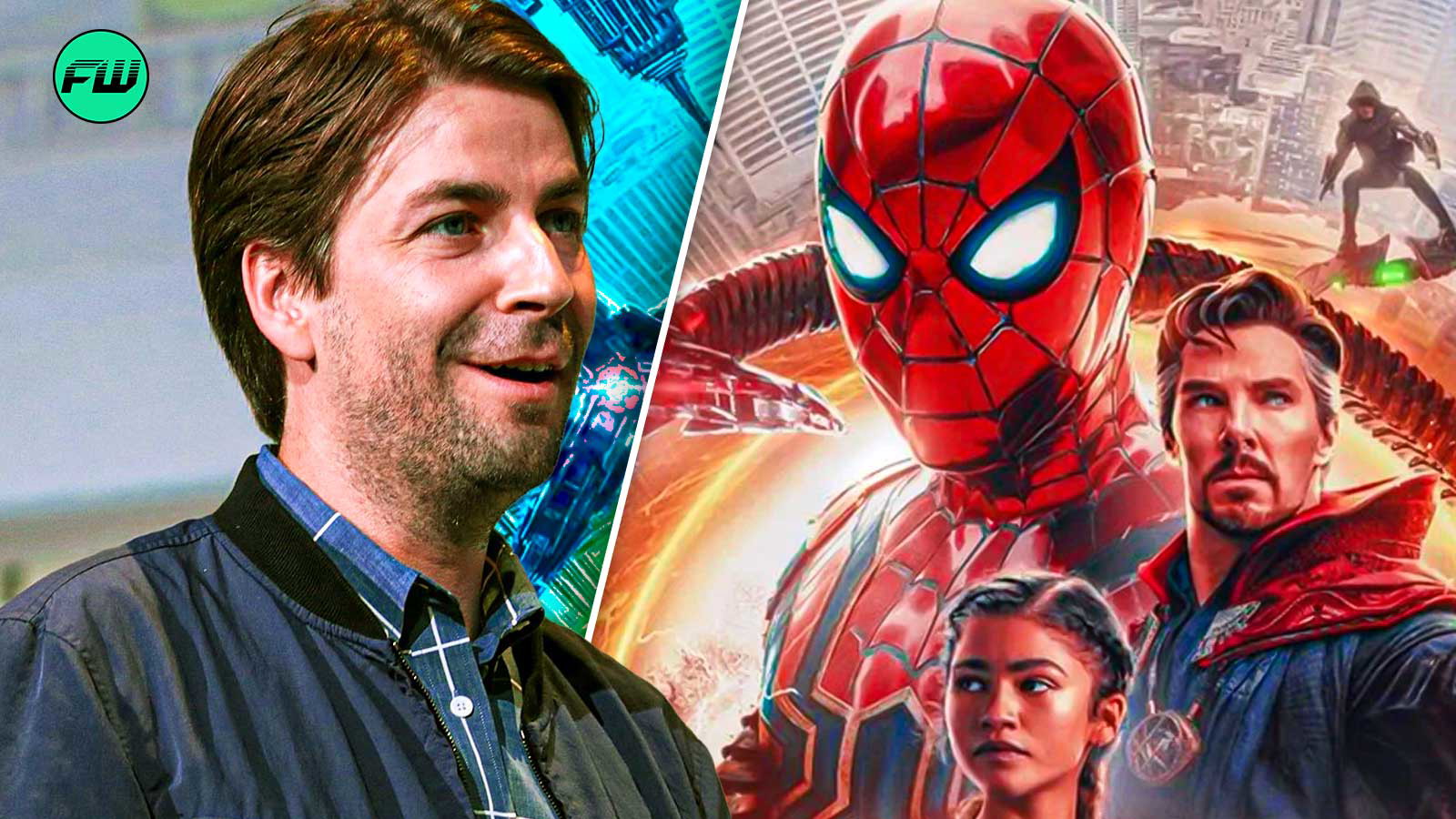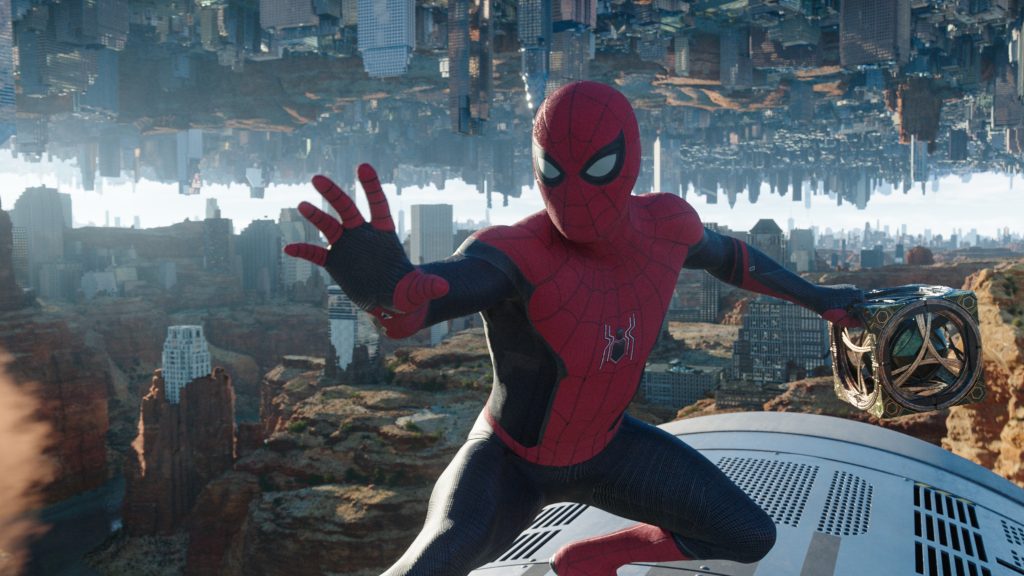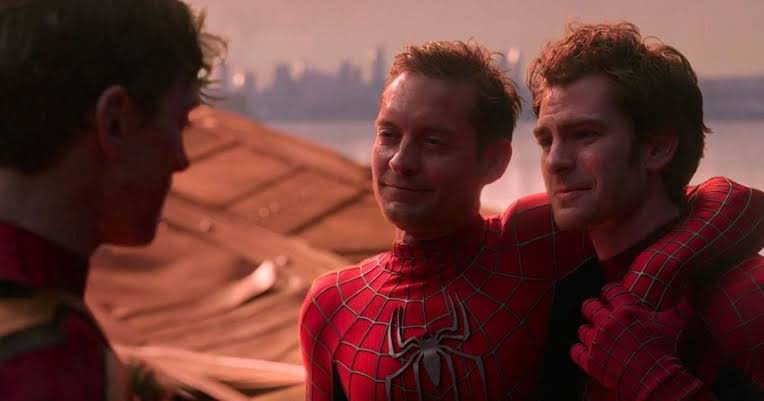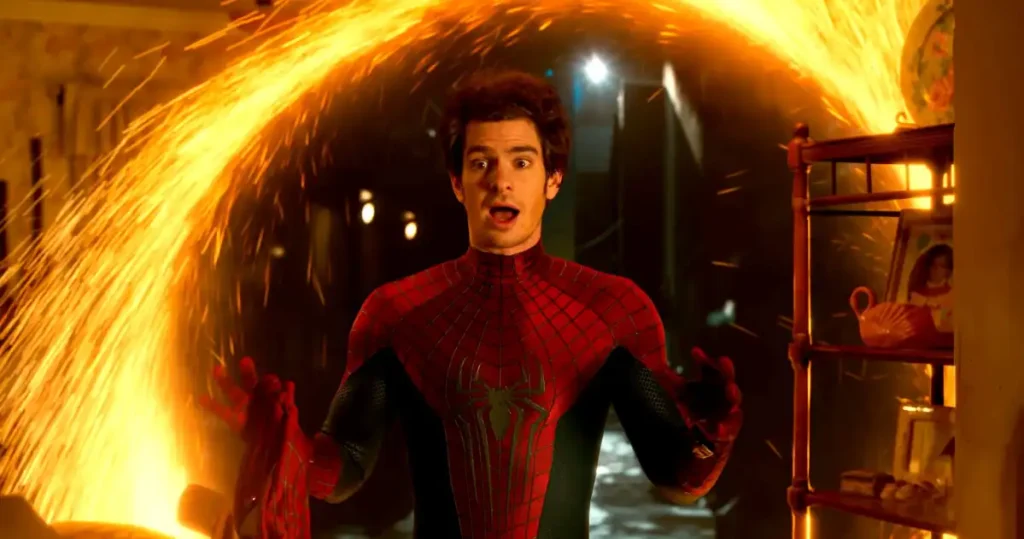The Spider-Man franchise, especially under the direction of Jon Watts, has experienced one of the most celebrated arcs in modern superhero cinema. With three blockbuster films—Spider-Man: Homecoming, Spider-Man: Far From Home, and Spider-Man: No Way Home—Watts has helped shape Tom Holland’s Spider-Man into a beloved character in the Marvel Cinematic Universe (MCU). These films redefined Spider-Man for a new generation, garnering acclaim for their blend of humor, heart, and spectacle, while also successfully integrating the character into the broader MCU narrative.

However, Jon Watts’s recent comments about the future of Spider-Man, specifically his assertion that the upcoming Spider-Man films might not match the success of his original trilogy, have set off a wave of disappointment and concern among fans. These remarks, made during an interview with The Hollywood Reporter, were unexpected from a director who played a significant role in shaping this iconic superhero’s narrative journey. Watts’s decision to step away from the Spider-Man series has left fans pondering what lies ahead for their favorite wall-crawler and whether his stark prediction could prove accurate.
Jon Watts’s Spider-Man trilogy ended on a massive high note with 2021’s Spider-Man: No Way Home, a film that not only brought together Tom Holland, Andrew Garfield, and Tobey Maguire—three generations of Spider-Men—but also resonated deeply with fans worldwide. The film was a celebration of the Spider-Man legacy, blending nostalgia with new storytelling to create an unforgettable experience. It set new records at the box office and became a cultural moment that fans would cherish for years. Despite Marvel Studios and the three Spider-Men playing a major role in this success, Watts himself was central to the trilogy’s acclaim.
Given Watts’s influence in creating this phenomenal trilogy, his departure from the Spider-Man series was a bitter pill for fans to swallow. His directorial choices, from the casting to the thematic elements, ensured the trilogy’s relevance and connectedness with the audience. Fans were excited to see what direction he would take with Spider-Man 4. However, Watts revealed in the interview that he wouldn’t return for the next installment, citing reasons that left fans both saddened and apprehensive about what the future might hold for their favorite superhero.

In his interview, Watts discussed his perspective on the Spider-Man films and the immense impact his trilogy had on the MCU and superhero genre as a whole. He acknowledged the unprecedented success of No Way Home, noting that the reaction to the film was unlike anything seen before. “That was such a specific moment in time, and the reaction to that movie was just so unbelievable,” Watts stated. He went on to suggest that it would be nearly impossible for the new films to replicate that level of cultural and emotional impact. His prediction is straightforward: the magic that made his trilogy successful is unlikely to strike twice.
Fans reacted swiftly to this prediction. Many were disheartened, viewing it as a gloomy outlook for the future of Spider-Man films. The news spread rapidly across social media platforms, with some fans accusing Watts of being overly pessimistic and lacking the creative vision to continue with the series. Others suggested that his departure might have been influenced by creative differences with Marvel Studios or perhaps even burnout after the intense production process of three blockbuster films in just five years.
The prediction also raised questions about the creative direction of future Spider-Man films. Without Watts at the helm, would the new director maintain the tone and style that made the trilogy so beloved, or would they chart a new course altogether? For many, Watts’s departure marks the end of an era, and the beginning of an uncertain phase for Spider-Man. The idea of a new creative team taking over has led to a mix of hope and skepticism among fans.
The discussion around Watts’s decision to leave Spider-Man and his dim view of the series’ future isn’t just about one director stepping away; it’s about what his departure symbolizes. With Watts gone, there’s a shift in narrative control. The essence of Peter Parker, especially the way Holland portrayed him under Watts’s guidance, captured a unique blend of youthful innocence and emotional depth. Watts’s films provided a relatable hero who was navigating the complexities of life, loss, and responsibility—an everyman superhero who was as vulnerable as he was brave.

The director’s vision for Spider-Man is what resonated with many fans who saw a departure from the traditional portrayal of Peter Parker. Watts’s Peter was a high-school kid facing typical teenage problems, all while handling the weight of being a superhero. This relatability was central to the trilogy’s success, making it distinct from previous adaptations. With Watts now out of the picture, fans are left wondering whether the new films will retain this relatability or drift into a more formulaic blockbuster territory.
Watts’s claim that future Spider-Man films may not have the same influence as his trilogy reflects a broader challenge in Hollywood: the difficulty of recapturing lightning in a bottle. The Spider-Man series under Watts had the advantage of timing, nostalgia, and a unique narrative arc that drew upon nearly two decades of Spider-Man films. No Way Home was a culmination of that history, pulling together threads from the past and weaving them into a modern, cohesive story that fans adored. It created an emotional payoff that is hard to replicate.

The skepticism towards the success of future Spider-Man films is compounded by the changing landscape of superhero cinema. The MCU has grown significantly since Spider-Man: Homecoming premiered in 2017. New characters and stories have emerged, and the narrative scope of the universe has expanded beyond Earth-bound heroes to multiversal and cosmic storylines. This evolution means that each new Spider-Man film must not only continue to develop its protagonist’s journey but also fit into an increasingly crowded and complex cinematic universe.
However, not all hope is lost. Some fans believe that there is still a vast amount of unexplored territory with Tom Holland’s Spider-Man. The character’s versatility offers countless possibilities for future stories, and there is optimism that a fresh creative team could bring new energy and perspective to the franchise. Peter Parker’s story is filled with untold tales and potential character developments, and with the introduction of new villains and allies, there’s a belief that the next phase of Spider-Man can still deliver unique and compelling narratives.

Furthermore, there are suggestions that Watts’s prediction could be a form of reverse psychology, perhaps a way to lower expectations so that any success the future films achieve will feel like a pleasant surprise. The bar set by No Way Home is incredibly high, and managing fan expectations is a critical aspect of modern franchise filmmaking. By setting a more subdued outlook, the next set of filmmakers might have more creative freedom to experiment and take risks without the constant pressure of comparison to previous successes.
Interestingly, Watts’s exit has also been framed by some fans in the context of his desire to follow in the footsteps of Christopher Nolan, who famously stepped away from superhero films after his Dark Knight trilogy. Nolan’s departure from Batman allowed him to explore new genres and themes with films like Inception and Interstellar. Some speculate that Watts, having completed his trilogy, might want to challenge himself with different kinds of projects, rather than staying tethered to the superhero genre.
For now, fans are left with the bittersweet reality that Jon Watts, the man who helped redefine Spider-Man for a new generation, will not be involved in the next chapter of Peter Parker’s journey. As much as his comments may seem like a setback, they also offer a moment of reflection for fans to appreciate what the trilogy achieved and what the future might still hold.
Ultimately, Jon Watts’s prediction serves as both a caution and a challenge. It reminds us that the magic of film is often in its unrepeatable moments, in the right combinations of talent, timing, and storytelling. While the future of Spider-Man without Jon Watts may seem daunting, it also represents an opportunity—a chance to see where this beloved character can go next, perhaps into territory that even Watts himself could not have imagined. The question remains: Will the next chapter of Spider-Man prove Watts wrong and deliver yet another groundbreaking moment, or will it validate his prediction of an inevitable decline? Only time will tell.
News
🏍 The Heartfelt Bond: Why Ryan Reynolds Rushes Home to Blake Lively
Where relationships often flicker like candle flames, the love story of Ryan Reynolds and Blake Lively stands as a beacon of unwavering affection and commitment. Recently, the couple celebrated their 12th wedding anniversary, a milestone that speaks volumes about their…
🚶💪 Ryan Reynolds Steps Up: The PR Battle to Restore Blake Lively’s Reputation
In the glitzy world of Hollywood, where fame and fortune can quickly turn to infamy, few stories capture the public’s attention quite like that of Blake Lively and her husband, Ryan Reynolds. Recently, the release of Lively’s latest film, It…
💢 Unraveling the Tension: Ryan Reynolds and James Earl Jones in “Finder’s Fee”
Marvel Studios’ Deadpool & Wolverine has taken the box office by storm, but amidst the superhero antics lies a hidden gem from the past that showcases the remarkable range of Ryan Reynolds and the legendary James Earl Jones. The film,…
💌 #SUPRISE The Surprising Love Story of Ryan Reynolds and Alanis Morissette: A Romance That Almost Was
In the world of celebrity relationships, few stories are as captivating as that of Ryan Reynolds and Alanis Morissette. Long before Reynolds became a household name as the charming anti-hero Deadpool, he was a young actor navigating the tumultuous waters…
🤔 The Untold Truth Behind Ryan Reynolds and Scarlett Johansson’s Divorce: What Really Happened?
Ryan Reynolds and Scarlett Johansson, two of Hollywood’s most beloved actors, captured the hearts of fans around the world with their charm, talent, and undeniable chemistry. However, their marriage, which began with much fanfare, ended in a split that left…
🚨¡IMPACTANTE REVELACIÓN! Alejo y Luisa Eliminados en el Capítulo 107 del Desafío 2024
El Desafío 2024 continúa sorprendiendo a sus seguidores con giros inesperados y eliminaciones que dejan a todos boquiabiertos. En el episodio más reciente, el capítulo 107, la noticia de la eliminación de Alejo y Luisa ha causado un gran revuelo….
End of content
No more pages to load











